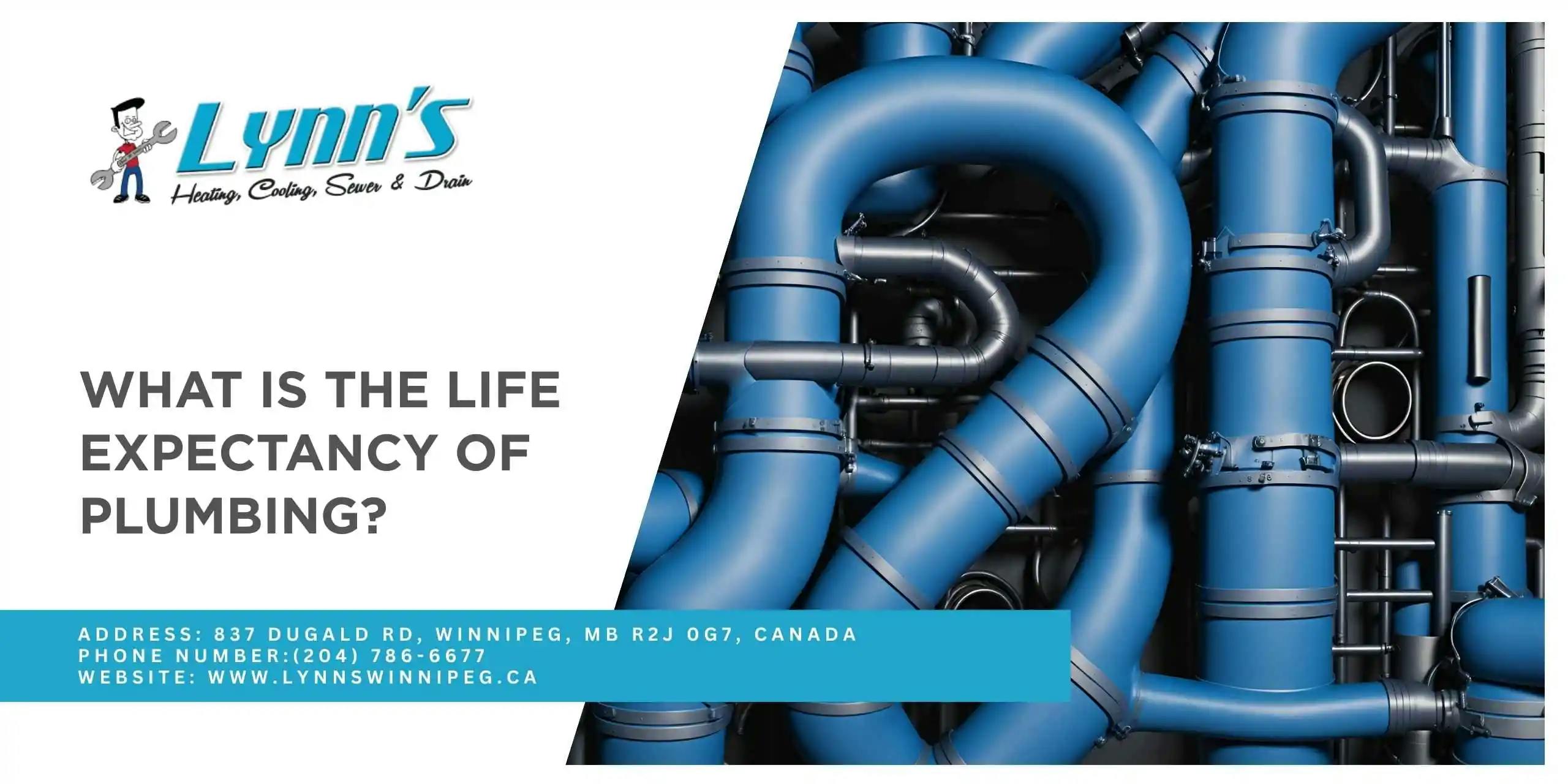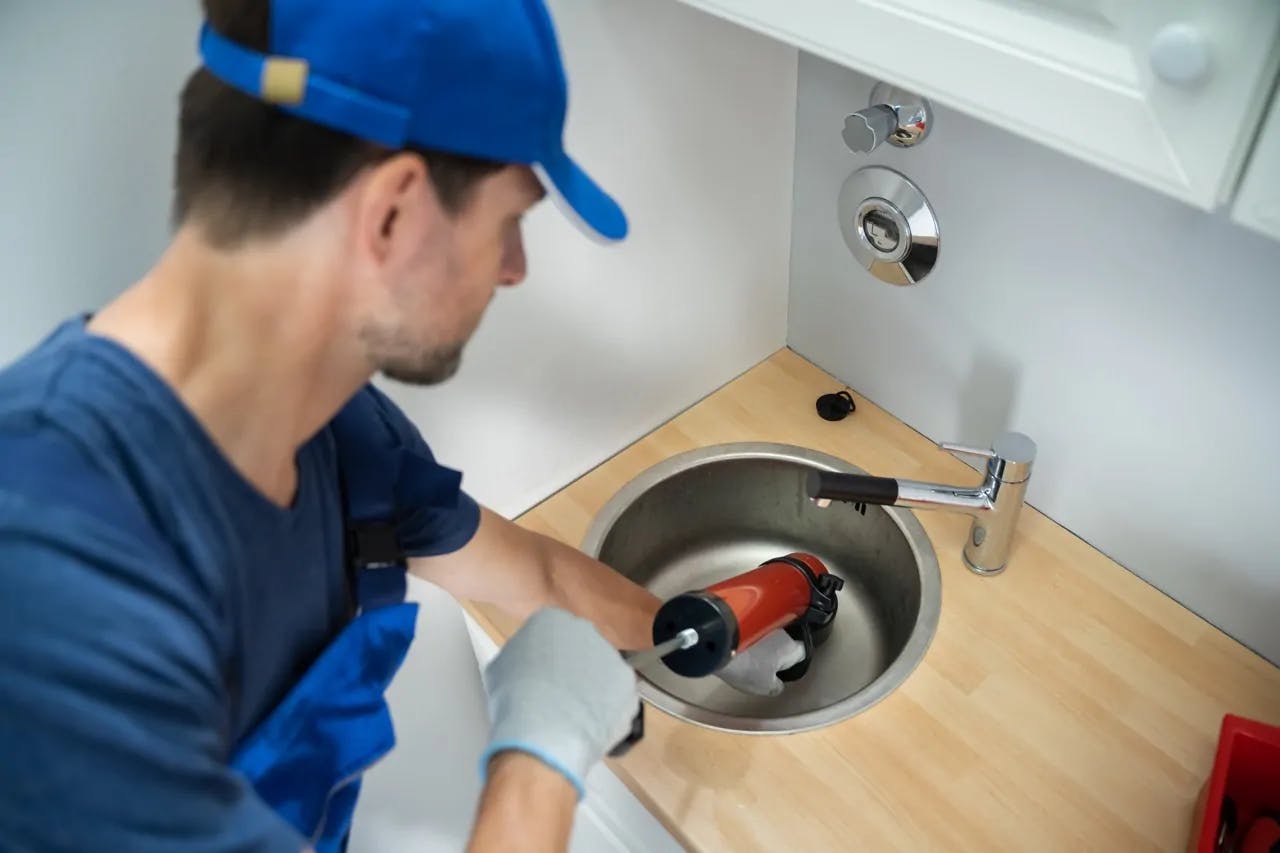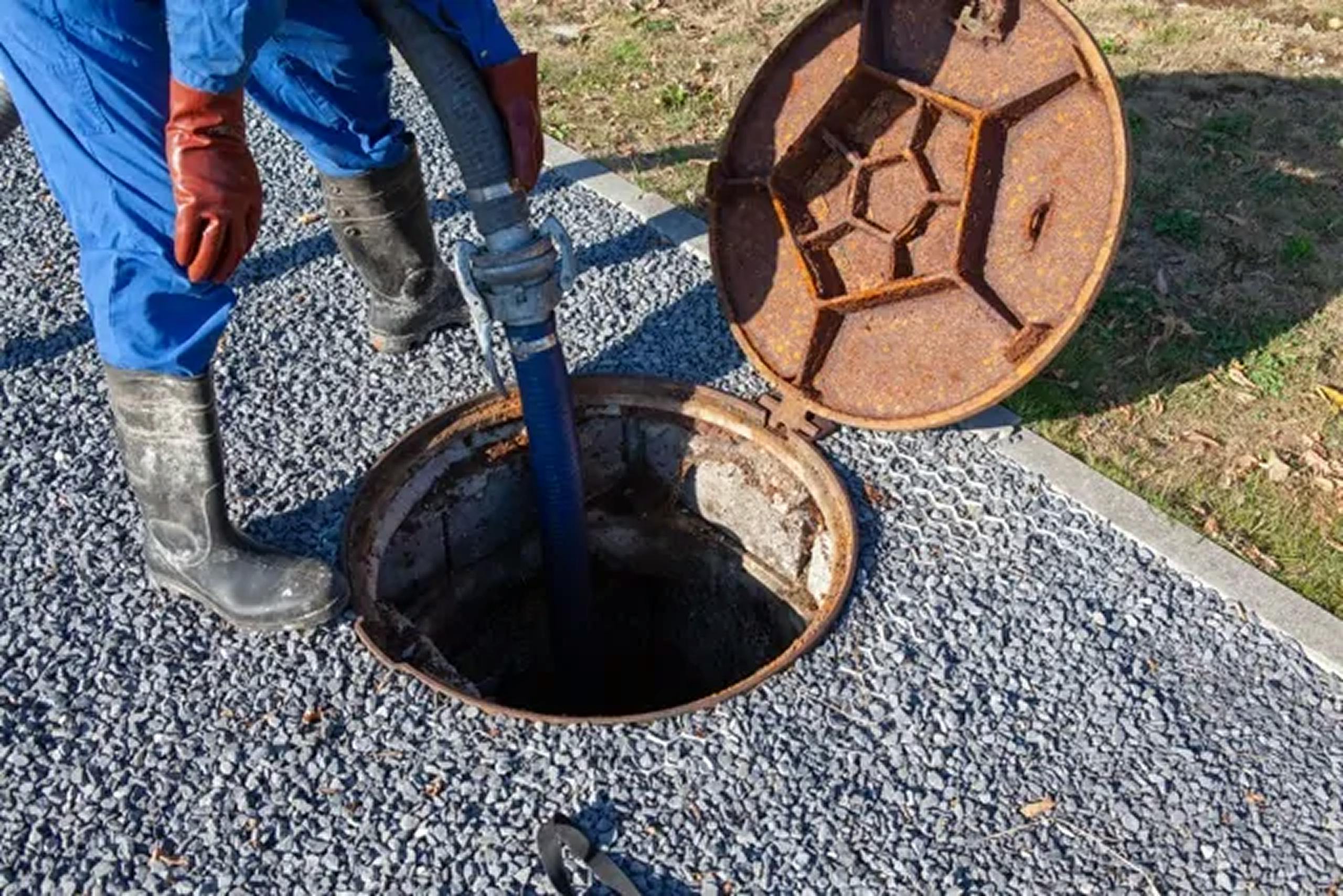Plumbing is one of those systems in your home you don’t think about—until something goes wrong. Your plumbing keeps your home running from delivering clean water to removing waste. But when issues arise, they can quickly spiral into expensive repairs, water damage, or even health risks.
Whether you live in an older home or simply want to stay ahead of potential problems, knowing the warning signs of bad plumbing can help you avoid major headaches. Below are the most common red flags that indicate it’s time to take action, or call for professional plumbing services.
1. Low Water Pressure
Weak water flow from faucets or showers isn’t just annoying—it’s often a symptom of:
- Sediment buildup in pipes
- Leaks or corrosion
- Partially closed valves
- Issues with the main water supply
If low pressure affects multiple fixtures in your home, it’s likely a system-wide issue that needs expert attention.
2. Frequent Leaks
One leaky faucet might not be a crisis, but repeated leaks throughout your home are a clear signal of deeper problems like:
- Corroded pipes
- Loose fittings
- Worn-out seals
- Hidden pipe damage
- Over time, these leaks can cause mold, wood rot, and structural issues. Consistent leaks? Time to consider a professional plumbing inspection.
3. Slow or Recurring Drain Clogs
Clogged drains are more than a minor nuisance when they keep coming back. Persistent issues could be caused by:
- Grease or debris buildup
- Tree root intrusion
- Damaged or misaligned sewer lines
- Faulty plumbing vents
If plunging and DIY fixes don’t help, it’s best to bring in licensed plumbing services to inspect the system.
4. Strange Sounds from Pipes
Your plumbing shouldn’t be noisy. Banging, gurgling, or rattling could mean:
- Water hammer (sudden pressure changes)
- Unsecured pipes
- Air in the lines
- Venting issues
These noises aren’t just annoying—they can signal system stress or impending failure.
5. Discoloured or Smelly Water
Rusty or metallic-tasting water can point to corroded pipes, especially in older homes. Musty smells or rotten egg odours could mean:
- Bacteria in your water heater
- Stagnant water in pipes
- Sewer gas leaks
These are not just plumbing issues—they could be health concerns.
6. Water Stains, Warping, or Dampness
Hidden plumbing problems often reveal themselves through damage to walls, ceilings, or floors. Watch for:
- Water stains or discolouration
- Warped flooring or soft spots
- Peeling paint or bubbling drywall
- Persistent musty odors
These signs often indicate leaks behind the scenes—and they get worse fast if ignored.
7. Higher Water Bills Without Explanation
If your bill is climbing and your usage hasn’t changed, the culprit might be a hidden leak or an inefficient fixture. A professional plumber can detect and repair leaks before they cause more waste—or damage.
8. Outdated Plumbing Materials
Older homes might still contain:
- Galvanized steel (corrosion risk)
- Polybutylene (prone to cracking)
- Lead pipes (serious health hazard)
If you’re unsure what materials are in your home, have a licensed plumber inspect and recommend updates.
When to Call a Professional
While a plunger can fix a minor clog, most plumbing problems require a professional to fix them properly. Hiring a licensed plumber ensures:
- Accurate diagnosis
- Long-lasting, safe repairs
- Code-compliant work
- Expert advice to prevent future issues
From recurring clogs to aging pipes, reliable plumbing services give you peace of mind and prevent costly damage down the line.
Conclusion: Don’t Ignore the Signs
Your plumbing system won’t always shout for help, but it will whisper. A noisy pipe, a slow drain, or a stain on your ceiling could be the start of something bigger.
If you notice any of the signs listed above, don’t wait. Lynn’s Plumbing Heating & Cooling offers professional plumbing services in Winnipeg to help diagnose, repair, and upgrade your system before small problems become expensive disasters.



